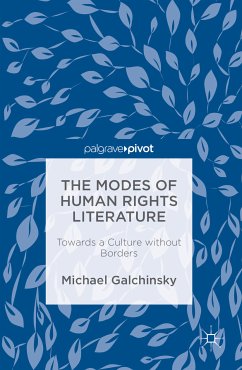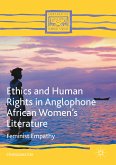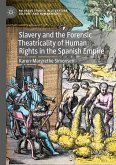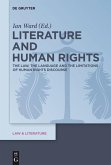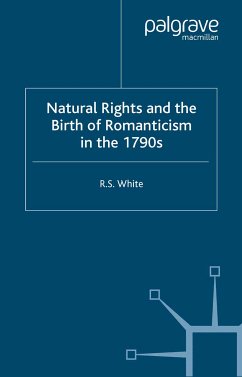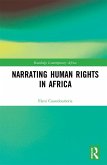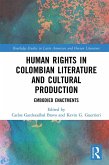This sophisticated book argues that human rights literature both helps the persecuted to cope with their trauma and serves as the foundation for a cosmopolitan ethos of universal civility-a culture without borders. Michael Galchinsky maintains that, no matter how many treaties there are, a rights-respecting world will not truly exist until people everywhere can imagine it. The Modes of Human Rights Literature describes four major forms of human rights literature: protest, testimony, lament, and laughter to reveal how such works give common symbolic forms to widely held sociopolitical emotions.
Michael Galchinsky is Professor of English, an affiliate of the Center for Human Rights and Democracy at Georgia State University, and a Fellow at the Yale University Center for Cultural Sociology, USA. He writes on human rights literature, international human rights law, and Jewish studies.
Dieser Download kann aus rechtlichen Gründen nur mit Rechnungsadresse in A, B, BG, CY, CZ, D, DK, EW, E, FIN, F, GR, HR, H, IRL, I, LT, L, LR, M, NL, PL, P, R, S, SLO, SK ausgeliefert werden.

